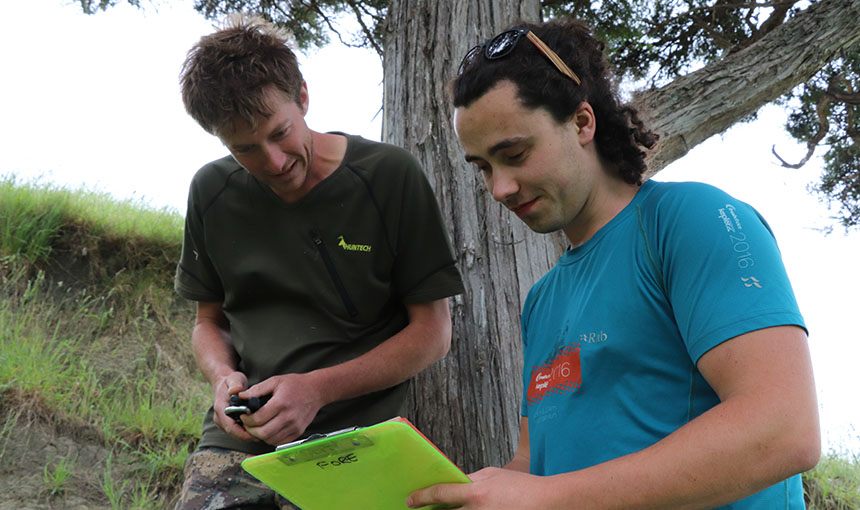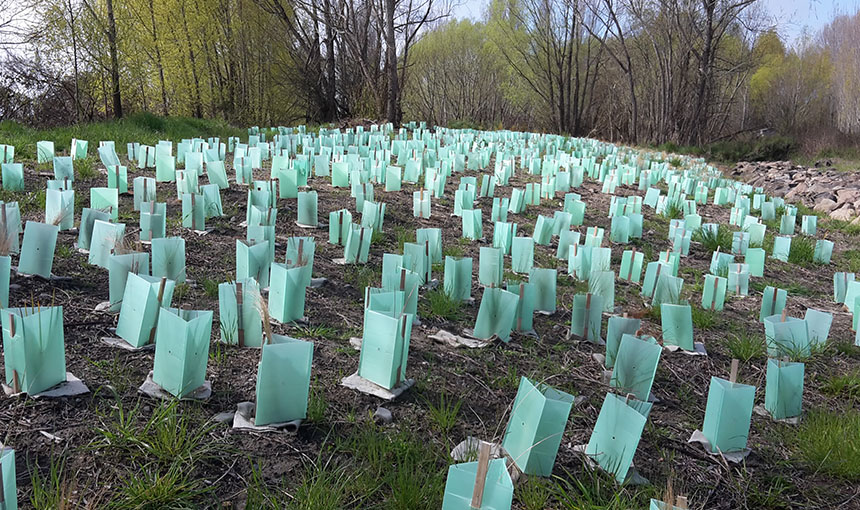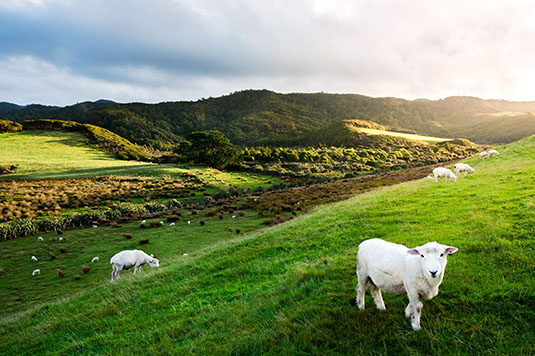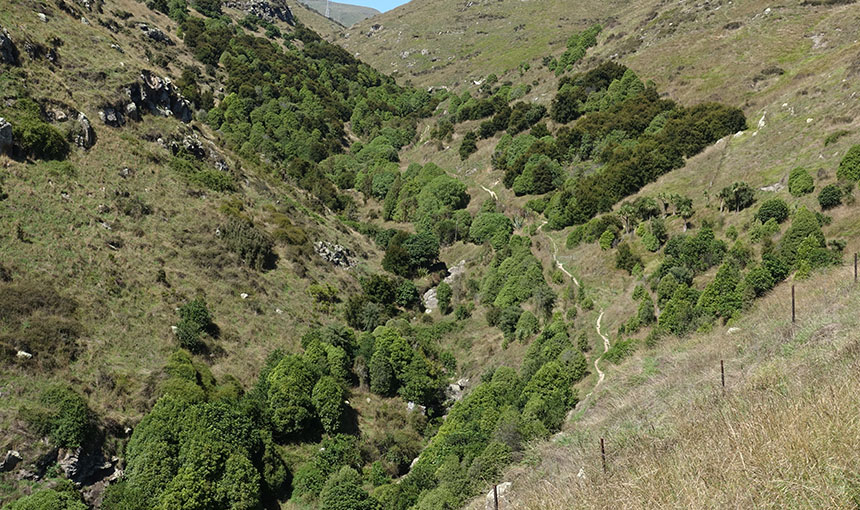Farming & Nature Conservation
Sheep and beef farms make up nearly 40% of Aotearoa’s landscape and play a vital role in our economy. At the same time, this land use is home to a quarter of all native vegetation and so acts as a refuge for many native plant and animal species, especially in the lowlands.

We know that biodiversity can help increase agro-ecosystem resilience and that the biodiversity on sheep and beef farms is often all that remains of the original habitats, but we don’t know what is required to create and support changes in how biodiversity is regarded, protected and managed on farms.
Aims
- Gain an holistic view, including from a Māori perspective, of how biodiversity is perceived and managed on sheep and beef farms in New Zealand.
- Map the vegetation and associated ecosystem functions on three case-study farms and across the landscapes in which those farms are embedded, to develop tools for land and biodiversity management decision-making.
- Understand the critical roles of biodiversity for agro-ecosystem function and economic and human well-being.
- Quantify native habitat on sheep and beef farms and how it is spatially arranged.
- Determine how biodiversity can be managed in agro-ecosystems in the future, in a way that will benefit both farming and native biodiversity.
Highlights
- Investigation and collation of Māori perspectives of agro-ecosystems.
- Modelling frameworks of bird-plant frugivory, fire hazard, plant-soil water relations and carbon sequestration at farm and landscape spatial scales.
- Development of a “Biodiversity on farms” resource website for farmers.
- Establishment of “Living Laboratory” demonstration sites, investigating how we can most efficiently grow old-growth, canopy trees.
- Modelling the effect of decisions to actively manage on-farm biodiversity on farm profits.
- The mapping of native vegetation and carbon stocks on agro-ecosystems across the country.
Publications
Norton DA, Butt J, Bergin DO. 2018. Upscaling restoration of native biodiversity: A New Zealand perspective. Ecological Management & Restoration. doi: 10.1111/emr.1231
Norton, DA., Buckley, HL., Case, BS., Pannell, JL. The New Zealand beef and sheep sector’s contribution to biodiversity and carbon sequestration. MDPI Proceedings 2019, 8, 48; doi:10.3390/proceedings2019008048.
Forbes, AS., Wallace KJ., Buckley HL., Case BS., Clarkson BD., Norton DA. 2020. Restoring mature-phase forest tree species through enrichment planting in New Zealand's lowland landscapes. New Zealand Journal of Ecology 44(1): 3404.
Norton, DA., Suryaningrum F., Buckley HL., Case BS., Cochrane CH., Forbes AS., Harcombe M. 2020. Achieving win-win outcomes for pastoral farming and biodiversity conservation in New Zealand. New Zealand Journal of Ecology 44(2): 3408.
Case BS., Pannell JL., Stanley MC., Norton DA., Brugman A., Funaki M., Mathieu C., Songling C., Suryaningrum F., Buckley HL. 2020. The roles of non-production vegetation in agroecosystems: A research framework for filling process knowledge gaps in a social-ecological context. People and Nature. DOI: 10.1002/pan3.10093
Research Partners
BioHeritage’s role is to break down barriers between organisations and individual scientists by coordinating and focusing the research of top scientists from our 18 Challenge Parties.
The Parties working on this project are University of Canterbury, Auckland University of Technology, AgResearch, University of Auckland and Lincoln University.


